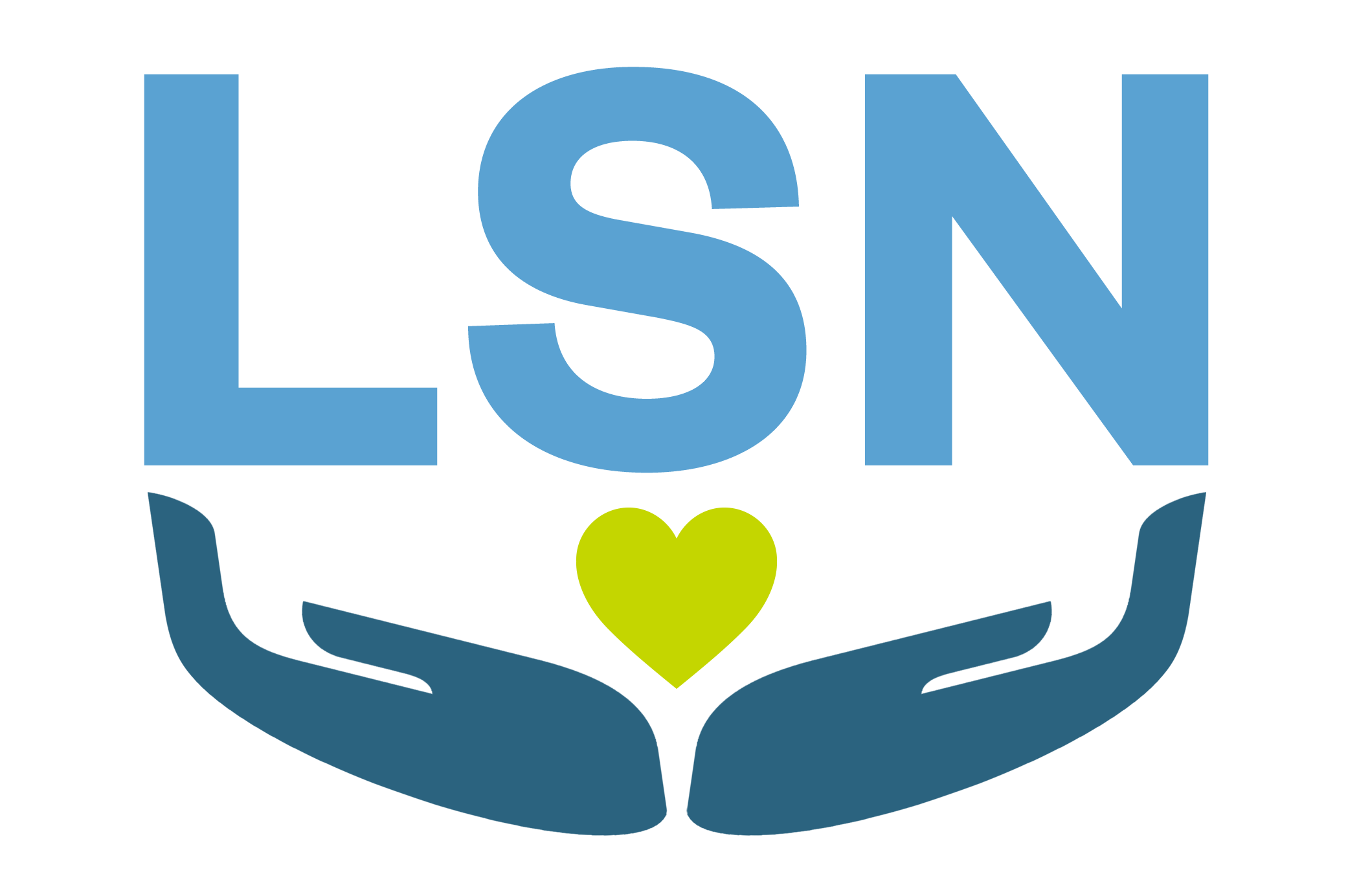Finding Balance During the End of the Semester

This time of the semester is always busy. You might be stressed about the rapidly-approaching final exams, finding summer internships, etc. – whatever the reason, many people are likely feeling overwhelmed and pressured to work a lot. In the middle of all this commotion, it’s easy to forget to find balance and take care of yourself. You may let the nutritious meals slide, get a couple hours less of sleep, or stop seeing your friends. What many of us don’t realize, however, is that focusing entirely on academic success while neglecting other aspects of our life is the fastest road to burnout. Ultimately, by finding balance between our personal and academic needs, we can have more success while simultaneously feeling healthy and happy. Of course, this is easier said than done, but we know that you can do it. Read on for some tips about how to find balance in our busy lives:
- Set Realistic Goals: We know that you probably have tons of things on your plate. To make things more manageable, try setting realistic goals and breaking tasks into smaller, manageable steps. This can help you to tackle tasks in small increments, and can help reduce stress and prevent procrastination.
- Self-Care: Taking care of your physical and mental health is so important to long-term success. Make sure to get enough sleep, eat nutritious meals, and engage in regular physical activity. Practicing relaxation techniques such as meditation or deep breathing can also help to reduce stress. Try checking out the meditation rooms in the Student Union, or simply taking walks in the Arboretum when you need a break.
- Social Connections: Don’t forget to build in time for your social needs during this busy time of the semester. Spend time with friends, participate in campus activities, and ask for support from peers and mentors when needed. Having a supportive network can provide encouragement and perspective during challenging times.
- Extracurricular Activities: Extracurricular activities can be a good way to motivate yourself to get out of the house and do something unrelated to academics, which could help you relax and have some fun. Whether it's joining a club, playing a sport, or volunteering in the community, find activities that align with your interests and passions.
- Time Management Strategies: Utilize tools such as planners, calendars, or digital apps to organize your schedule and prioritize tasks. Set aside dedicated time for studying, attending classes, and participating in extracurriculars, while also blocking off time for relaxation and fun activities.
- Seeking Support: Don't hesitate to reach out for help if you're feeling overwhelmed or struggling to find balance. UNC Chapel Hill offers various resources, including CAPS, Wellness Coaches, and the Learning Center, to support students in pursuing both well-being and academic success.
- Mindfulness Practices: Incorporating mindfulness practices into your daily routine can help reduce stress and improve your focus. Take short breaks throughout the day to practice mindfulness exercises such as mindful breathing or body scans.
- Setting Boundaries: Learn to say “no” to commitments that may overload your schedule, and prioritize doing activities that align with your goals and values. Setting boundaries with academic and social obligations can help prevent burnout and maintain balance in your life.
- Enjoying Downtime: Make time for activities that bring you joy and relaxation, whether it's watching a movie, reading a book, or spending time outdoors. Taking breaks and allowing yourself to recharge is key to avoiding burnout and taking care of your body and mind in the long-run.
- Reflect and Adjust: Regularly reflect on your priorities and how you're spending your time. If you find yourself feeling overwhelmed or off-balance, reassess your commitments and make adjustments as needed to ensure a healthy balance in all areas of your life.
By finding balance and prioritizing your well-being, you are putting yourself in a position for long-term success. Remember, much of the stress that you are experiencing right now is temporary. It’s important to remember your long-term goals, and how sustainably promoting your physical and mental health can help you achieve those goals. Remember to take care of yourself and seek support when needed – after all, thriving in college is not just about academic success but also about nurturing your overall health and happiness.

